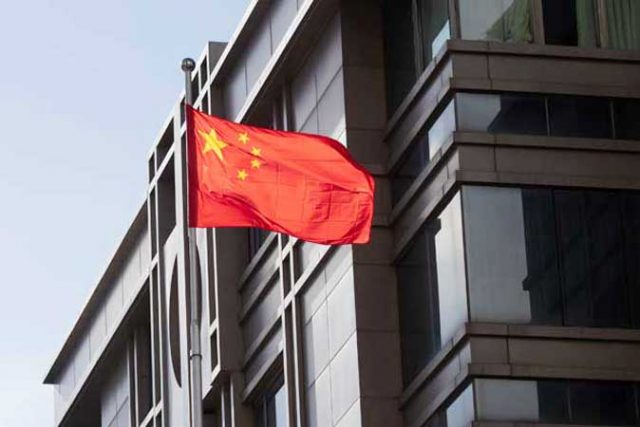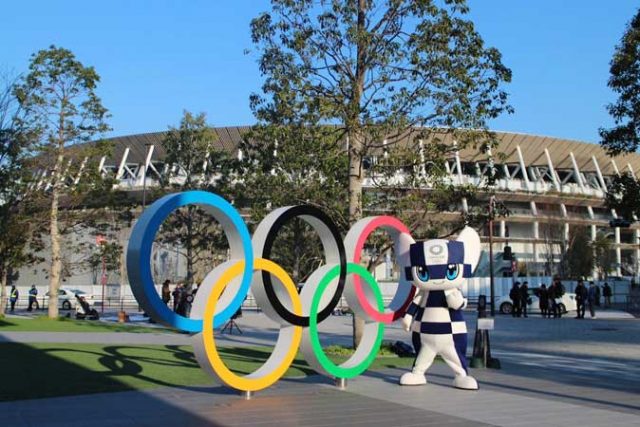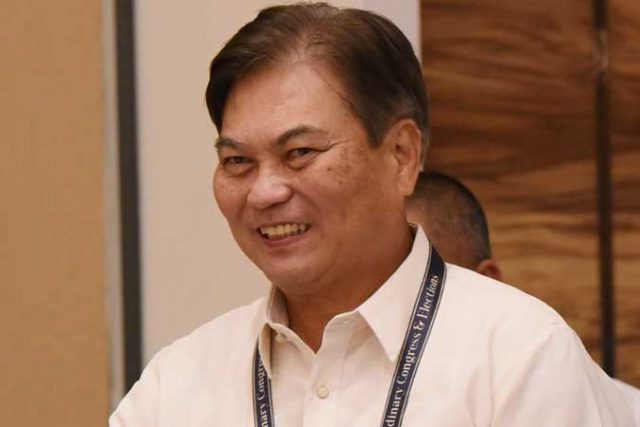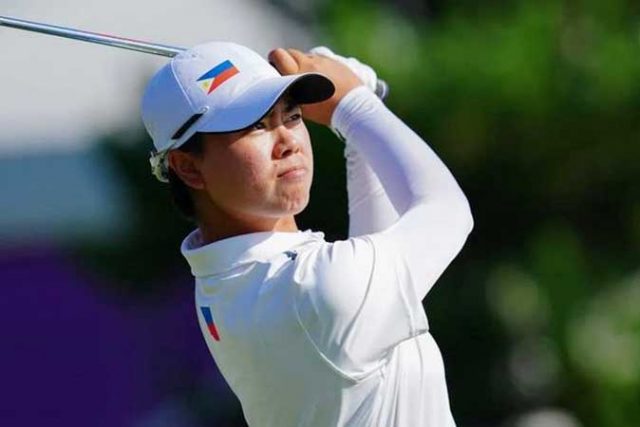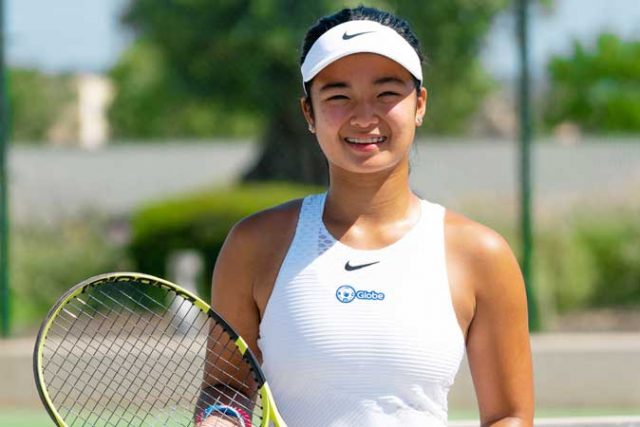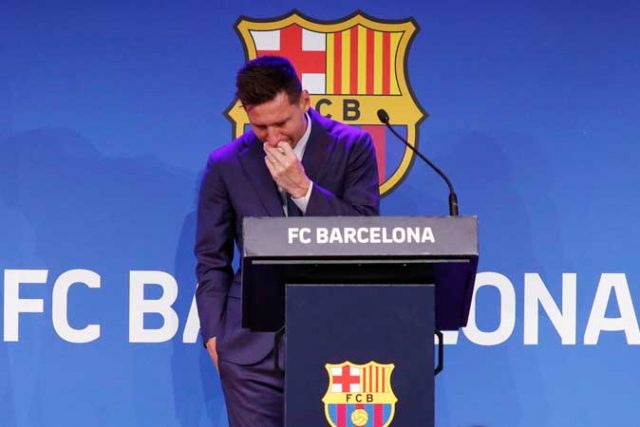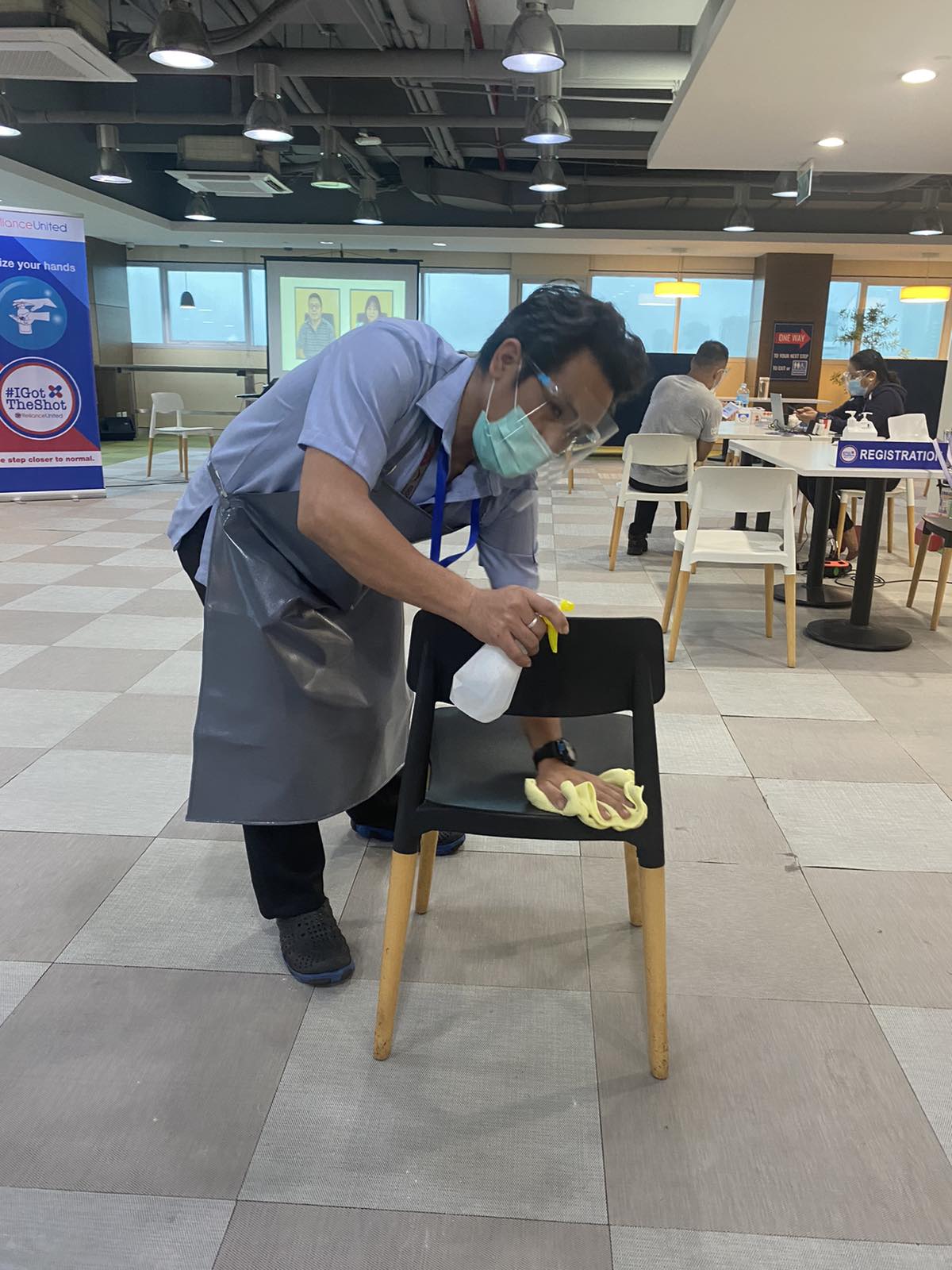China punishes dozens of officials amid Delta surge
CHINA has punished a slew of officials for failing to curb a coronavirus disease 2019 (COVID-19) outbreak that’s spawned nearly 900 symptomatic infections across the country in less than a month, a resurgence that complicates Beijing’s strategy of keeping the virus out entirely.
The eastern Chinese city of Yangzhou issued warnings to five officials for mishandling mass testing that they said allowed the virus to continue spreading. The city has overtaken nearby Nanjing, where the delta-driven outbreak first started, as the biggest hotspot in China, with 308 confirmed cases reported as of Monday. Six patients are critically ill and if any were to die it would be China’s first COVID death in more than six months.
More than 30 officials nationwide, ranging from mayors and local health directors to the heads of hospitals and airports, have been punished for negligence and mishandling local outbreaks, according to the state-backed Global Times.
China is dealing with its broadest outbreak of COVID since it crushed the virus that first emerged in the central Chinese city of Wuhan in late 2019. The latest resurgence has spread across more than half of the mainland’s 31 provinces. Though the majority of China’s vast population is vaccinated, authorities are not taking the chance of relying on inoculations and instead have defaulted to their playbook of mass testing and targeted lockdowns to stamp the virus out.
TESTING WUHAN
Wuhan has also seen infections take root again after the virus was brought under control there in early 2020. Fearing it could spread further and draw unwanted global attention, local health authorities tested the city’s 11.3 million residents this weekend, finding nine locally transmitted infections.
Beijing has long held local officials accountable for the virus’s breach into China, blaming them for failing to diligently enforce precautions and restrictions that allowed flare-ups to turn into major outbreaks on domestic soil. The recent disciplinary actions come as the delta variant breaks through the most stringent COVID defenses across the world, exposing the limits of the so-called COVID Zero approach to eliminating the virus pursued by countries from China to Australia.
Still, Beijing is showing no signs of pivoting its strategy. Health officials expect to bring the ongoing outbreak under control in two to three weeks, if containment measures are fully enacted.
In a commentary published over the weekend, a former health minister spurned the idea of “learning to co-exist with the virus.” That approach is being increasingly adopted elsewhere, by western economies and some previously COVID Zero countries like Singapore, who will instead rely on vaccinations to limit the virus’s damage.
Gao Qiang, the country’s former health chief, and current chief consultant to China Health Economics Association, urged authorities to further tighten curbs. — Bloomberg

